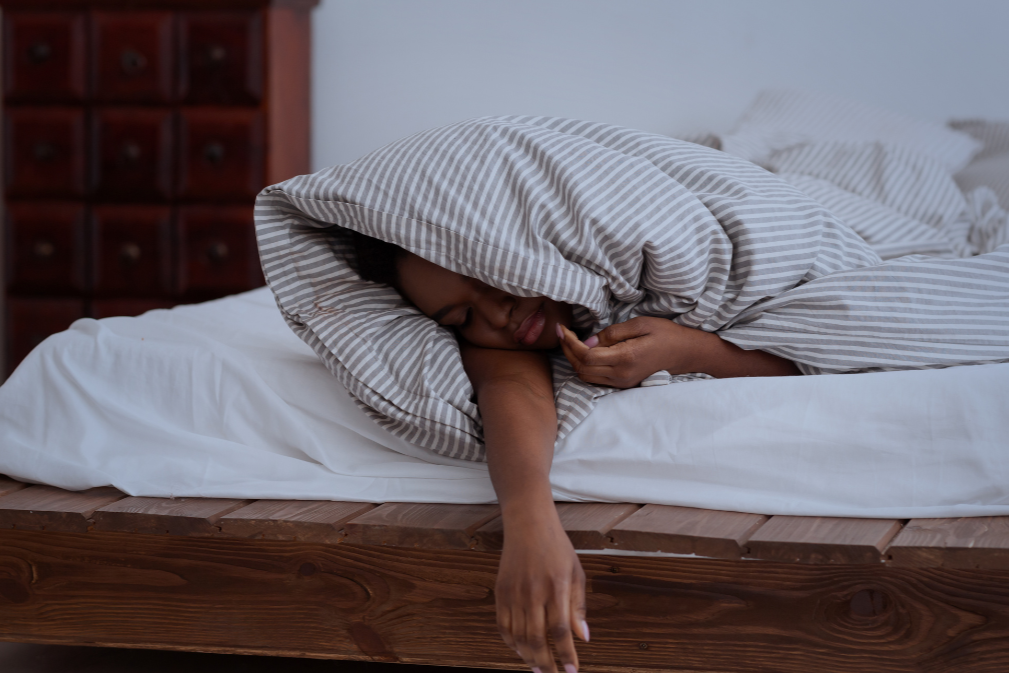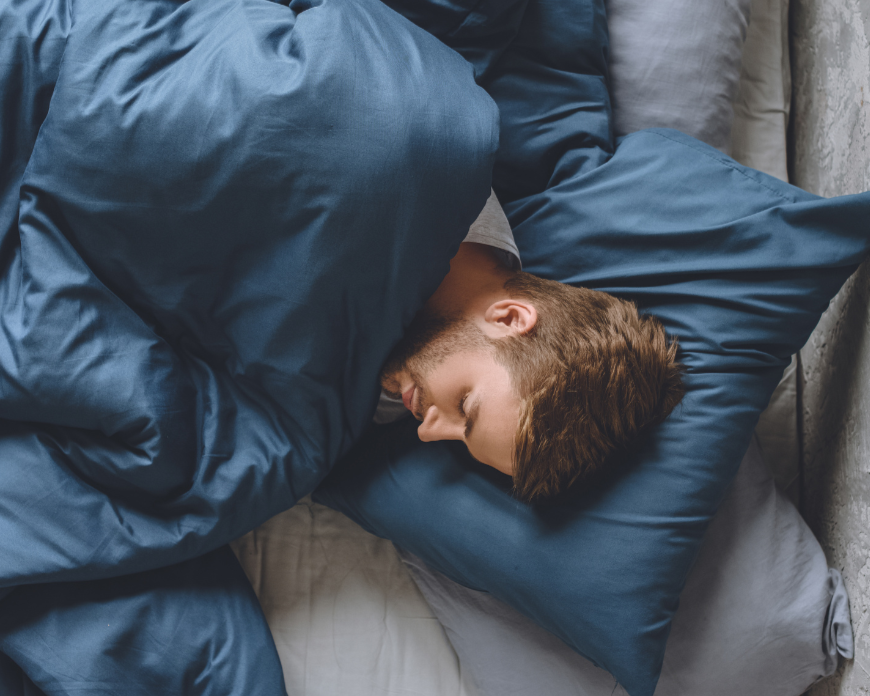Sleep Hygiene: The Overlooked Key to Pain Management and Injury Recovery
Why Your Sleep Habits Matter More Than You Think
If you’re managing chronic pain, recovering from an injury, or simply trying to live a healthier life, you’ve probably been told to “get more sleep.” But have you ever thought about how your *sleep habits*—not just the hours you clock—affect your recovery?
Sleep hygiene plays a bigger role in healing than most people realise. While a perfect eight hours may feel impossible (especially for parents, shift workers, and anyone balancing multiple roles) - small, sustainable changes in your routine can dramatically improve how your body feels and functions.
Let’s explore what sleep hygiene is, why it’s essential for pain and injury recovery, and how you can make meaningful improvements—without chasing perfection.
What Is Sleep Hygiene?
Sleep hygiene refers to the habits and environmental factors that promote consistent, high-quality sleep. It includes everything from your bedtime routine and light exposure to the comfort of your sleep environment.
Ask yourself: *Do you wake up feeling truly rested?*
Good sleep hygiene supports your body’s circadian rhythm—the internal clock that regulates your sleep-wake cycle—and helps your body transition smoothly into the deep, restorative phases of rest.
When sleep hygiene is poor, it can lead to disrupted sleep patterns, insomnia, and increased fatigue—all of which feed into the pain cycle and slow your recovery.
Why Sleep Is Crucial for Pain Management and Healing
During sleep, your body shifts into repair mode. It’s when growth hormone is released, tissue healing occurs, inflammation reduces, and your nervous system resets.
Here’s how poor sleep directly impacts recovery:
Increased Pain Sensitivity: A lack of quality sleep amplifies how intensely you feel pain.
Slower Healing: Deep sleep supports tissue repair and immune function.
Reduced Pain Tolerance: Chronic sleep deprivation lowers your ability to cope with ongoing discomfort.
Simply put: better sleep supports better healing.
We know that it can be extremely frustrating hearing “get more sleep to help with your pain” when pain is one of the barriers to a good nights sleep!
As with most other things to do with dealing with chronic pain - making small, consistent changes over time can add up to big impacts.
A Realistic Path to Better Sleep: Progress Over Perfection
Let’s be honest—life doesn’t always allow for perfect sleep. Chronic pain, stress, parenting, and work can all interfere. But the good news is, you don’t need to do everything at once. Even one small shift can make a noticeable difference.
Try incorporating one of these sleep hygiene habits:
Go to bed and wake up at the same time every day.
Limit screen exposure at least an hour before bed.
Create a calming wind-down routine—reading, gentle stretching, or meditation.
Keep your room cool, dark, and quiet.
Avoid caffeine and heavy meals close to bedtime.
Start small. Notice how you feel. Then build from there.
One Change Can Make a Difference
Improving your sleep hygiene doesn’t mean overhauling your entire lifestyle. It’s about making realistic, sustainable shifts that support your body’s natural ability to heal.
If you are consistently waking up feeling unrefreshed we also recommend chatting to your trusted GP - they may recommend a Sleep Study - a specific sleep assessment that can uncover helpful clues to your unique sleep challenges.
So if you’re struggling with pain or working through recovery, take a closer look at your sleep habits. Perfection might not be realistic—but progress is always possible.
AOK Keep Moving supports clients across Bibra Lake and Perth, as well as online, in building strength, resilience, and recovery— one sustainable habit at a time. For personalised support to make sustainable changes contact us here




